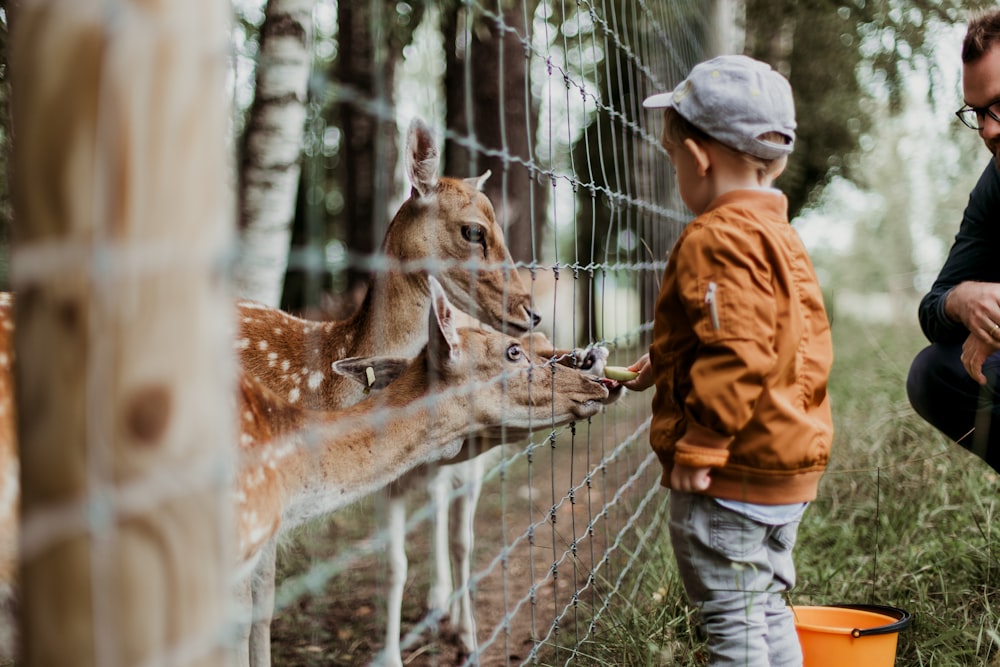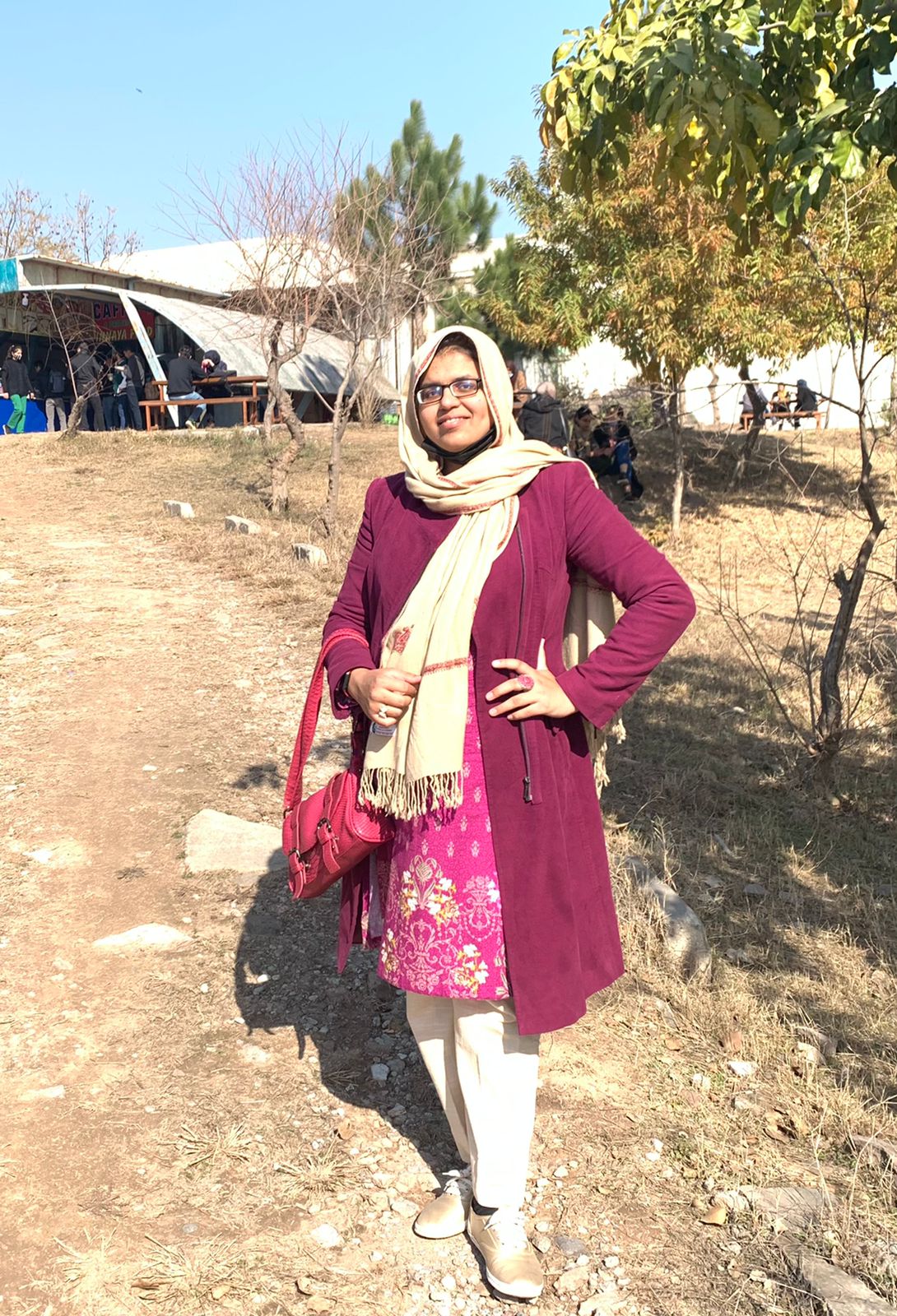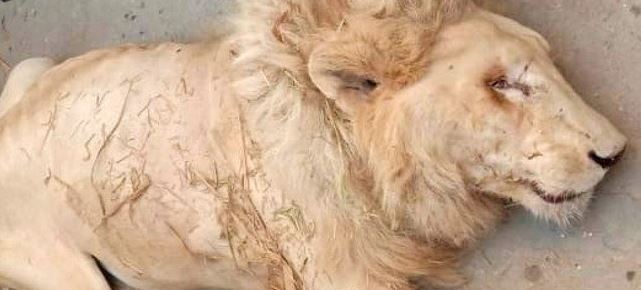An outburst for animal rights and justice has been rocketing social media ever since the rare white lion died at the Karachi Zoo. According to the news, he was suffering from lung disease as well as starved. He had been neglected for quite a while and met his sad end, leaving everyone heart-wrenched. Demands rose to end zoo culture once and for all.
Why were zoos established in the first place? They were introduced so that humans could interact with animals to some level, observe and understand them to appreciate the beauty of other creations on this planet. Zoos have been favorite tourist spots and educational school trip destinations for many years, and rightly so!
I remember as a little child I would beg my parents every other weekend to take me to the zoo. I loved the excitement of beholding those great elephants, monkeys, and numerous birds sitting in their cages. To a child’s mind, this peek into wildlife and nature was so mesmerizing that the thought of what the animals went through never crossed our minds.
The most bewildering spectacle to behold however was always the lion. The ‘king of the jungle’ always attracted the most attention. His cage would be very big, and he would be rooted at the center, snoozing grandly, or viewing us with deep but powerful eyes. I always lingered close to the lion, gaping with reverence at the ‘mighty king’ of the jungle until some elder had to me pry me away.
Reading the horrible news that rightly made it to the headlines the other day made me feel both miserable and adamant at the zoos in Pakistan. How can we be so cold-hearted as to starve living things that are under our responsibility and care? As I grow up, I see the conditions of our zoos from the eye of someone who has empathy. Animals are kept caged up, given low-quality and scarce food, their hygiene is not maintained, and they often end up in depression.
How would you like it if someone locked you up in a cage, deciding you were just a display of amusement, fed you little quantities now and then, and really did not care what happened to you? The overwhelming feeling of dejection would either kill you or make you go paranoid. The same is the case with these animals, who deserve their right to freedom and the wildlife.
I believe that zoos should be more like nature reserves. The animals should be provided a comfortable habitat, medical facilities, ample and delicious food, and restful space to roam around if they are to be kept for people to observe and enjoy. We cannot enjoy wildlife at the cost of its destruction and downfall. Children should be taught at school to respect and love the animals.

If the quality and standard of maintenance at a zoo cannot be sustained, then we have no right to keep the animals under our ‘protection’ and ‘care’. Starving them and mistreating them in the name of tourism, education, and recreation is a slap on Nature’s face. Also, in this era of media and technology, educational video coverages of animals living in the wild are not difficult to make, so researchers and students would have no problem if there were no zoos.
I agree with the spark that has ignited against zoo culture. Animals should not be kept inside limited space and resources. They belong to a whole separate world where humans have no right to interfere and disturb. In a country like Pakistan, animal welfare and integrity are of minimum concern as we are a developing nation and have other pressing issues. In such cases, we should not have zoos and nature reserves because we do not care to maintain them.
I decided to ask an economist that if zoos were to shut down, what impact this would have on Pakistan’s economy. Dr. Mazhar Iqbal is a professor of economics at Management Sciences, CUST, Islamabad. He has done his Ph.D. in Financial Economics from the University of Notre Dame, Indiana, USA and his area of expertise includes Islamic economics, project evaluation, decision making under uncertainty, international economics, and corporate finance.
Q. How much do zoos contribute to the economy of Pakistan?
Dr. Mazhar: Zoos are a substantial part of the tourism industry. Although the economy of Pakistan is agriculture-based, tourism also contributes a hefty part to our income. Mountainous and geographical destinations are also numerous in Pakistan, but zoos are an important point of recreation and family trips. They are accessible as they are in the city and a source of education for children to interact with animals.
Q. How would the economy be affected in Pakistan if zoo culture ended?
Dr. Mazhar: We already have limited good-quality family recreation in Pakistan. Healthy amusement avenues like parks and zoos are already less in Pakistan. Nowadays recreation is shifting to cinemas, concerts, shopping malls, and the sort. I believe zoos are cheaper than all these and they are healthy as they help our children to understand the clean and natural side of entertainment. Zoos pose no risk to pollution of any kind; the whole family can enjoy them, and it would be a great social loss more than an economical one if zoo culture was put to an end.

In many instances, zoos are a representation of our culture. They display the species that are inhabiting our country and thus attract tourists and animal experts from other countries as well. Nature conservationists from abroad come to take photographs and promote the wildlife of Pakistan. This is very beneficial for our annual income and economy.
So, yes, I believe that completely demolishing all zoos would bring a gap in good quality recreation in Pakistan and adversely affect the economy.
Q. The staff at zoos declare that they are not provided funds by the government to feed animals. Do you think it is true or is it a case of corruption?
Dr. Mazhar: Yes of course there is always some corruption. I can’t say about the allotment of funds to zoos by the government, but one thing I can surely say is that zoos are not free. Tickets are taken from every visitor and tourist, and I’m sure there are plenty of people who still go to the zoo.
Even if funds are not provided, I am sure that there is enough money to buy food for the animals. This should be the first priority. Even cleanliness and maintenance come afterward. Enough money is earned that decent food can be purchased for all the animals.
Where does the money from our tickets go if it can’t even feed a bunch of animals? That’s where your concern, corruption, comes in!
Also Read: DEADLIEST IMPACTS OF ECOSYSTEM VARIATION ON MARGINALIZED COMMUNITIES

Aniqa Mazhar is a graduate of QAU in Biochemistry. She has taught sciences to O levels and is currently planning for her MS in Food Technology. Aniqa’s hobbies are reading, watching movies, writing, calligraphy, long walks, and nature photography.

